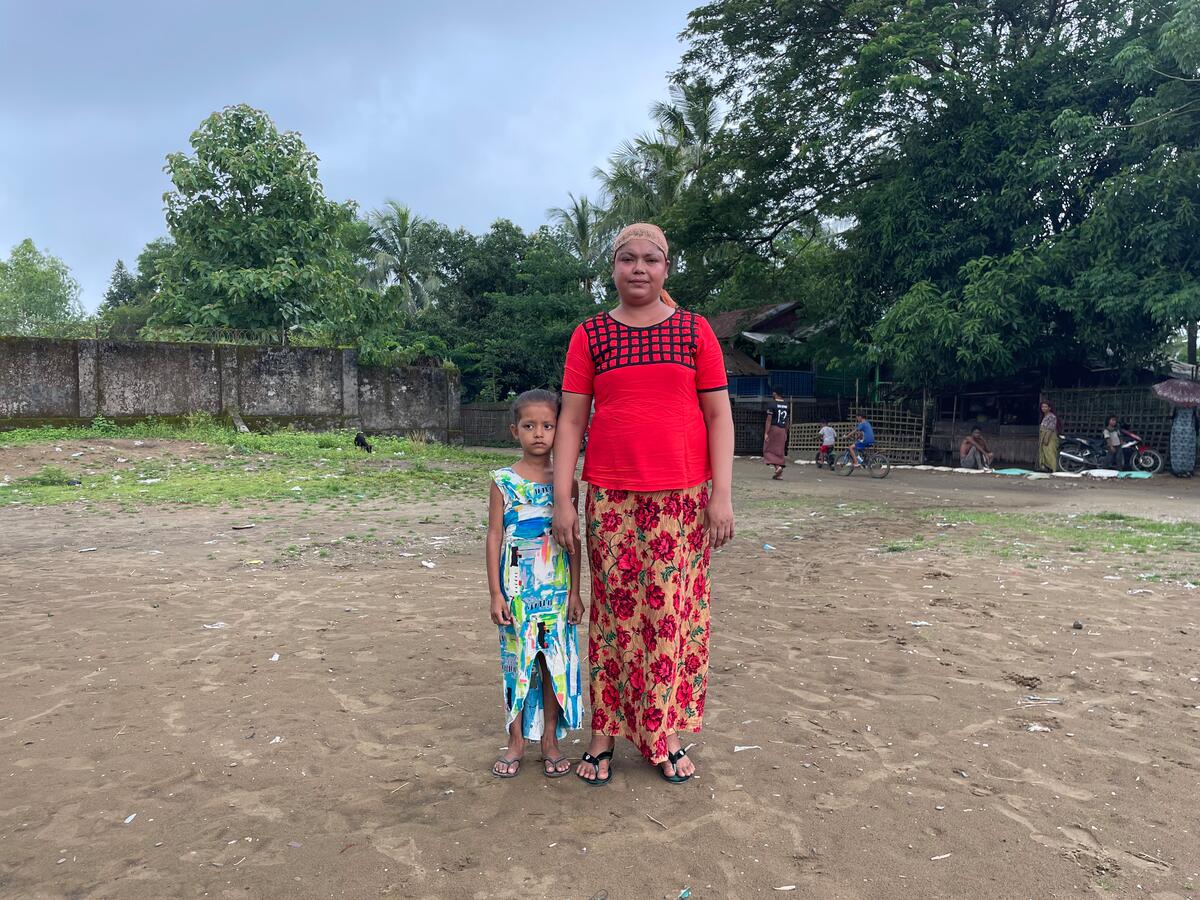Georgia: Internal displacment estimate rises
Georgia: Internal displacment estimate rises
Based on detailed profiling of internally displaced persons in Georgia that was just completed by the authorities in cooperation with UNHCR, the statistics on displacement associated with the August conflict over the breakaway region of South Ossetia have been revised. They show that a total of 192,000 people were forced to flee their homes, including 127,000 displaced in Georgia proper; 30,000 within South Ossetia; and another 35,000 to North Ossetia (Russian Federation).
Of the 127,000 internally displaced persons (IDPs) in Georgia, 68,000 have since returned home. UNHCR and the Georgian government estimate that another 5,000 will go home before the onset of winter, bringing up the number of returnees to 73,000.
As for the remaining 54,000 IDPs, UNHCR estimates that 23,000 will need to be provided with alternative shelter through the winter months, but will be able to return home in 2009 once their houses have been rehabilitated. However, the remaining 31,000 individuals are not expected to return in the foreseeable future. They originate from South Ossetia (22,000); from inaccessible parts of the so-called 'buffer zone' (8,000); and from Abkhazia (1,000). Given that Georgia is already hosting 223,000 IDPs from previous conflicts, this new population will in the longer term leave the country with a total of 254,000 internally displaced people.
In another development, UNHCR in cooperation with the Georgian government is now putting an end to spontaneous relocations of IDPs from the capital of Tbilisi to the overcrowded tented camp in Gori, which is already packed with some 2,200 people. Over the past week, several busloads of IDPs arrived spontaneously every day at the tented camp in Gori, claiming that they would rather stay in there than be relocated within Tbilisi.
In the Georgian capital, authorities are currently vacating schools and sending IDPs to alternative accommodations so the school year can start. However, some IDPs refuse to be relocated and spontaneously leave for Gori, where many of their relatives and neighbours are accommodated. However, Gori is filled to capacity and UNHCR prefers to reserve remaining tents in the camp for IDPs who were placed with host families who can no longer support them.









